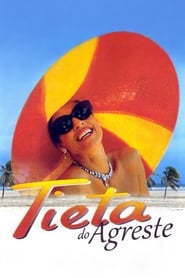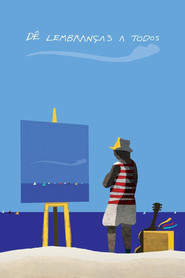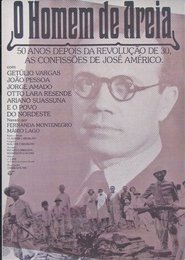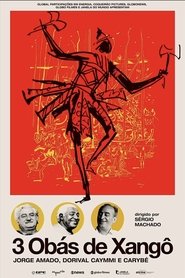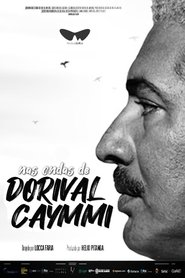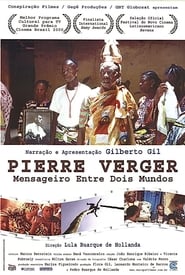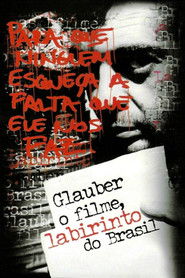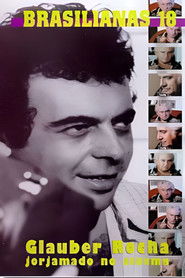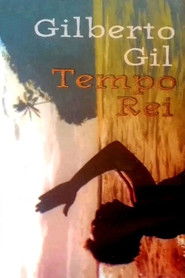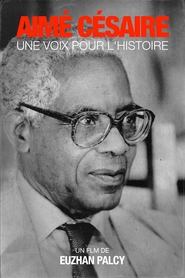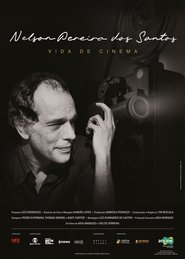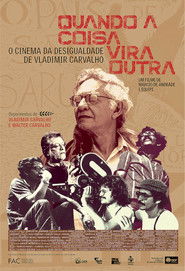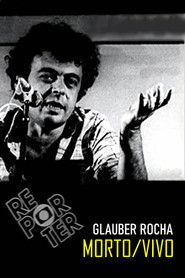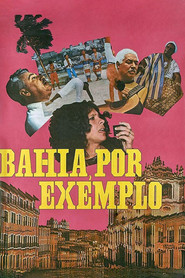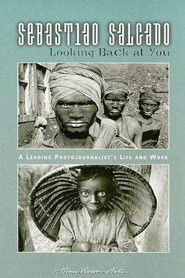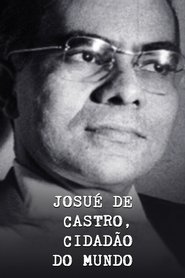Jorge Amado
Jorge Leal Amado de Faria (10 August 1912 – 6 August 2001) was a Brazilian writer of the modernist school. He remains the best known of modern Brazilian writers, with his work having been translated into some 49 languages and popularized in film, notably Dona Flor and Her Two Husbands in 1976. His work reflects the image of a Mestiço Brazil and is marked by religious syncretism. He depicted a cheerful and optimistic country that was beset, at the same time, with deep social and economic differences. He occupied the 23rd chair of the Brazilian Academy of Letters from 1961 until his death in 2001. He won the 1984 International Nonino Prize in Italy. He also was Federal Deputy for São Paulo as a member of the Brazilian Communist Party between 1947 and 1951. Amado was born on Saturday, 10 August 1912, on a farm near the inland city of Itabuna, in the south of the Brazilian state of Bahia. He was the eldest of four sons of João Amado de Faria and D. Eulália Leal. The farm was located in the village of Ferradas, which, though today is a district of Itabuna, was at the time administered by the coastal city of Ilhéus. For this reason he considered himself a citizen of Ilhéus. From his exposure to the large cocoa plantations of the area, Amado knew the misery and the struggles of the people working the land and living in almost enslaved conditions. This was to be a theme present in several of his works (for example, The Violent Land of 1944). As a result of a smallpox epidemic, his family moved to Ilhéus when he was one year old, and he spent his childhood there. He attended high school in Salvador, the capital of the state. By the age of 14 Amado had begun to collaborate with several magazines and took part in literary life, as one of the founders of the Modernist "Rebels' Academy". He was the cousin of Brazilian lawyer, writer, journalist and politician Gilberto Amado, and of Brazilian actress and screenwriter Véra Clouzot. Amado published his first novel, The Country of Carnival, in 1931, at age 18. He married Matilde Garcia Rosa and had a daughter, Lila, in 1933. The same year he published his second novel, Cacau, which increased his popularity. He studied law at the Federal University of Rio de Janeiro Faculty of Law but never became a practising lawyer. His leftist activities made his life difficult under the dictatorial regime of Getúlio Vargas. In 1935 he was arrested for the first time, and two years later his books were publicly burned. His works were banned from Portugal, but in the rest of Europe he gained great popularity with the publication of Jubiabá in France. The book received enthusiastic reviews, including that of Nobel prize Award winner Albert Camus. In the early 1940s, Amado edited a literary supplement for the Nazi-funded political newspaper "Meio-Dia". Being a communist militant, from 1941 to 1942 Amado was compelled to go into exile to Argentina and Uruguay. When he returned to Brazil he separated from Matilde Garcia Rosa. In 1945 he was elected to the National Constituent Assembly, as a representative of the Brazilian Communist Party (PCB) (he received more votes than any other candidate in the state of São Paulo). He signed a law granting freedom of religious faith. ... Source: Article "Jorge Amado" from Wikipedia in English, licensed under CC-BY-SA 3.0.
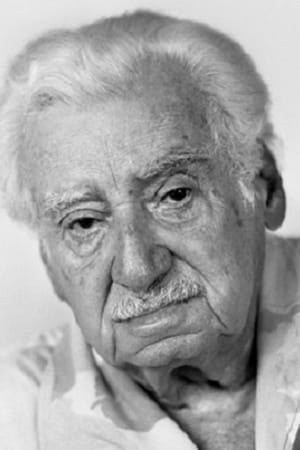
Tieta of Agreste
as Ele MesmoAfter being exiled for 26 years, Tieta returns to her native village in Bahia, bringing chaos...
Movie pageDê Lembranças a Todos
as SelfDorival Caymmi was one of the inventors of the Bahian imagination. In his 94 years of life,...
Movie pagePierre Fatumbi Verger: Messenger Between Two Worlds
as SelfInspired by the life of the french-born photographer and ethnographer, Pierre Verger, the movie...
Movie pageGlauber Rocha - The Movie, Brazil's Labyrinth
as Self (archive footage)Documentary about Brazilian filmmaker Glauber Rocha, one of the most important names in the...
Movie pageJorge Amado no Cinema
as uncreditedJorjamado no Cinema foi feito para um programa de televisão consagrado ao escritor Jorge Amado....
Movie pageGilberto Gil: Tempo Rei
as SelfTempo Rei is the first audiovisual record of Gilberto Gil's vast work, celebrating the artist's...
Movie pageAimé Césaire, Une voix pour l'histoire
as SelfA three-part study that introduces audiences to the celebrated Martinican author Aimé Césaire,...
Movie pageNelson Pereira dos Santos – A Life of Cinema
as Self (archive footage)For six decades, the cinema of Nelson Pereira dos Santos has projected Brazil into the eyes of...
Movie pageQuando a Coisa Vira Outra
as Self (archive footage)Vladimir Carvalho's Cinema of Inequality marked the documentary filmmaker's trajectory over...
Movie pageBahia, For Example
as SelfThrough folklore manifestations and diverse artistic expressions, the film is a document that...
Movie pageLooking Back at You
as SelfLooks at the work of Brazilian photojournalist Sebastiao Salgado (b.1944). In his monumental...
Movie pageApostrophes
as SelfApostrophes was a live, weekly, literary, prime-time, talk show on French television created and...
TV Show pageXuxa, O Documentário
as Self (Archive footage)Maria da Graça Xuxa Meneghel, about to celebrate her 60th birthday and more than 40 years in the...
TV Show page